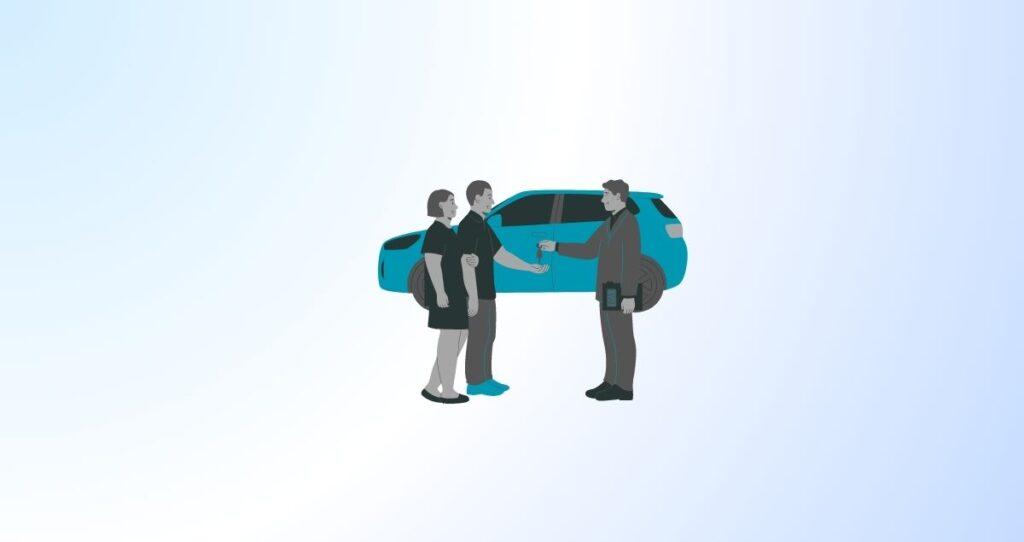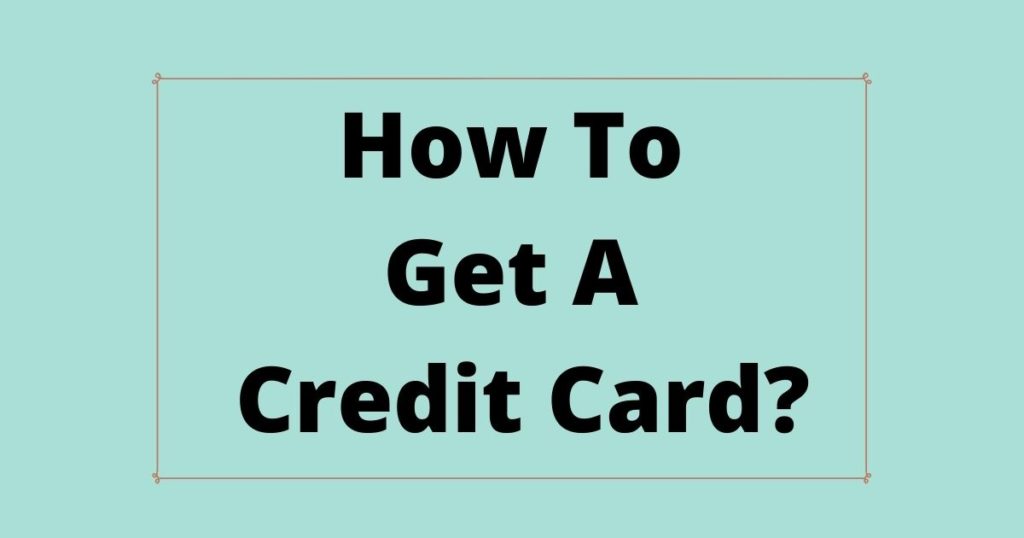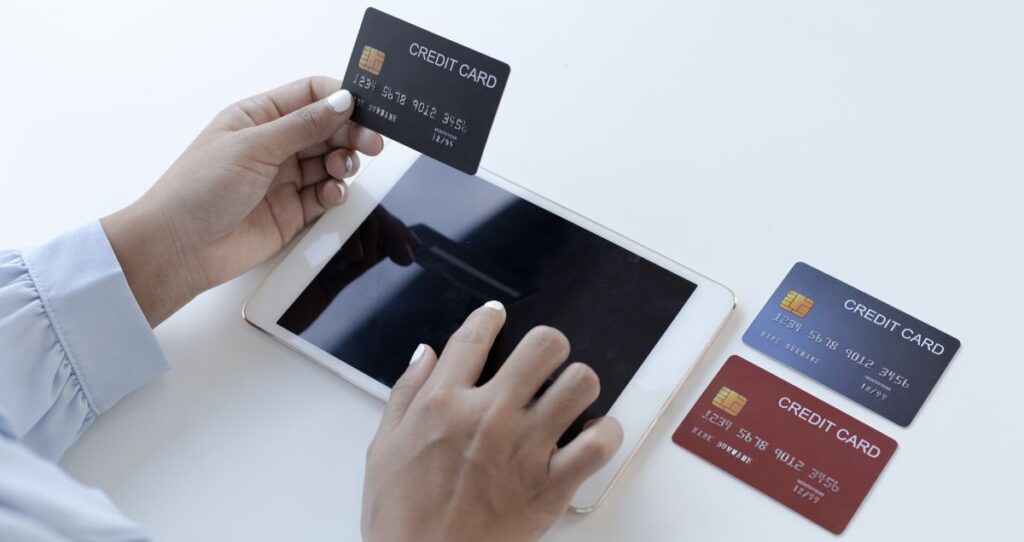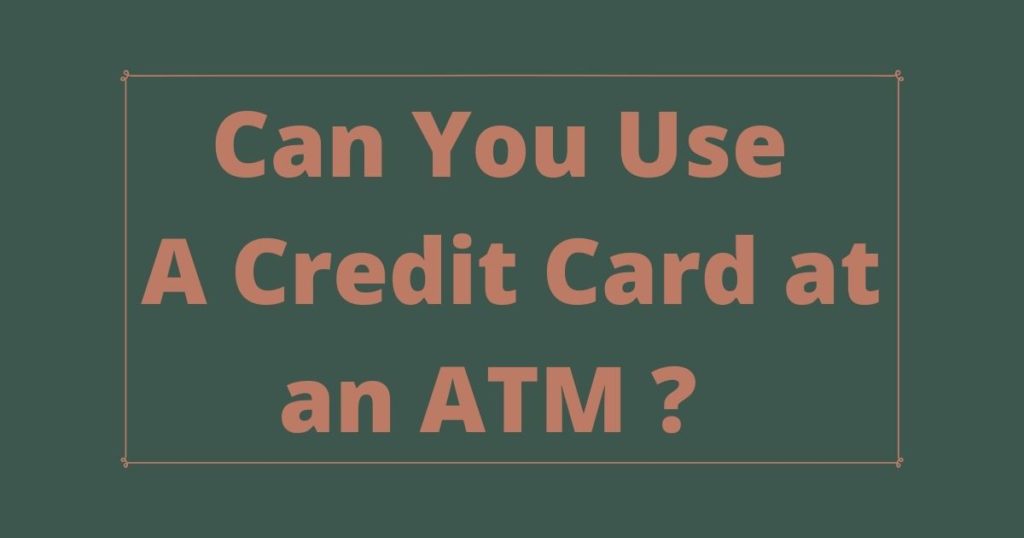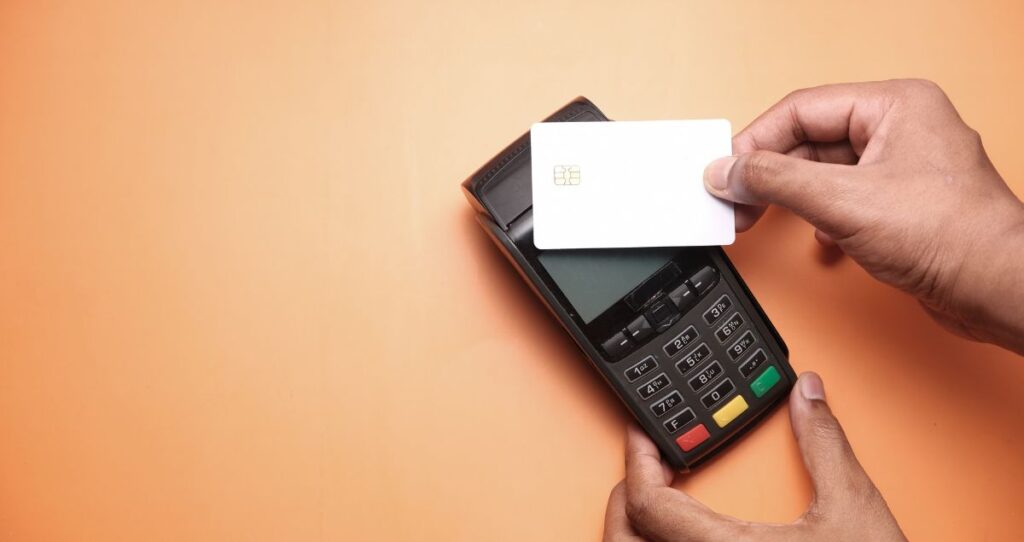Buying a car is a major milestone, and for many people, it’s the second biggest purchase they ever make after buying a home. However, not everyone has the cash upfront to pay for a car in full, which is where credit cards come into play. But can you actually buy a car with a credit card? Yes, you may be able to buy a car using a credit card or at least pay for a down payment or part of the car purchase cost. However, it is essential to do your research as some dealerships do not accept credit cards.
While it may seem like a quick and easy solution to pay for a car with a credit card, it’s important to understand the pros and cons of this purchase. Using your credit card to make a large purchase such as buying a car directly exhaust your credit limit and increases your credit utilization. Unless you pay off the balance before the due date, a higher credit utilization rate will lower your credit score when reported on your credit reports. Additionally, you will pay a lot of interest charges by carrying a high balance on your credit cards. This in turn will lead to the accumulation of too much credit card debt which is more expensive than regular car loans due to higher APR.
In this article, we’ll explore everything you need to know about financing a car purchase with a credit card, including alternative options and potential drawbacks.
You might also like: How to refinance your car loan?
Do dealerships accept credit cards for car payments?
Before you decide to use a credit card to pay for a car, it’s important to know if your dealership accepts credit cards. Some dealerships do not accept credit cards for car payments. Others, however, might let you use a credit card to cover the full price of the car or a portion of the payment such as a down payment, fees, and related upfront costs.
To avoid surprises, do your research and confirm this information beforehand. Your dealership could also accept a credit card when purchasing a car up to a certain amount. Make sure that you are prepared to finance any portion of the car that will not be covered by your credit card. You can either get a small car loan to cover the difference or pay with cash.
Related: How to save money for a car: A complete guide
Why is buying a car with a credit card, not a good idea?
While using a credit card to purchase a car may seem like an easy and fast route, it is not always the best idea. One of the biggest issues with using a credit card for such a large purchase is the high-interest rates that come with it. Credit cards tend to have much higher interest rates than traditional car loans, which means you could end up paying much more in interest over time. According to Forbes, the average credit card APR is currently 24.14% which is much higher compared to 7% APR for new cars and 11.1% APR for used cars, according to NerdWallet.
Another factor to consider is your credit utilization rate. Your credit utilization rate is the amount of credit you’re using compared to how much you have available. Using a large chunk of your credit limit on a car purchase can significantly increase your credit utilization rate, which can have a negative impact on your credit score. This, in turn, can make it harder to get approved for other types of loans or credit in the future.
Why dealerships do not accept credit cards for car purchases?
Credit card transactions can be expensive for many businesses due to transaction fees, especially on large purchases. While some dealerships may accept a credit card when you are buying a car, many dealerships do not encourage the use of credit cards. This is because your dealership will pay transaction processing fees which can be as high as 3.5%. Considering the cost of your car, this fee can take a large chunk of your dealer’s profit.
For example, if you purchase a $45,000 car with a credit card, your dealer will pay as much as $1,575(3.5% of $45K) in credit card processing fees. To minimize these fees, many dealerships do not accept credit cards for car payments.
Understanding credit card interest rates and fees
It’s important to understand the interest rates and fees associated with using a credit card to finance a car purchase. Credit card interest rates can vary greatly, and some cards may offer promotional 0% interest rates for a limited time. However, after the promotional period ends, the interest rate could skyrocket, leaving you with a high balance and high monthly payments.
In addition to interest rates, credit cards may also come with fees, such as balance transfer fees or cash advance fees. These fees can add up quickly and significantly increase the total cost of your car purchase if you’re not careful.
Understanding these potential costs is crucial when considering whether to use a credit card to finance a car purchase. It’s important to weigh the benefits of earning rewards or taking advantage of promotional interest rates against the potential downsides of high-interest rates and fees.
How does buying a car with a credit card affect your credit?
Before you buy a car with a credit card, it is critical to understand how the purchase will affect your credit. Putting a large purchase on your credit card such as a car purchase will increase your credit utilization. This ratio is the amount of available credit you have compared to the amount you’re using on your credit cards. If your credit utilization ratio increases too much, it can negatively impact your credit score.
However, if you make your payments on time and keep your credit utilization ratio low, using a credit card to buy a car can actually improve your credit score. Making consistent on-time payments is one of the most important factors in determining your credit score as payment history affects 35% of your FICO score and 40% of your VantageScore.
Keep in mind that if you’re unable to make your payments on time when using a credit card to buy a car, the impact on your credit score will be significant. Late or missed payments can have a major negative impact on your credit score and can stay on your credit report for up to seven years.
You might also like: 13 common negative items on a credit report
Understand your credit card’s maximum purchase limits
If you’re considering using a credit card to finance your next car purchase, it’s important to be aware of your credit card’s maximum purchase limit. Credit card companies set limits on the amount you can charge to your card to prevent overspending and to reduce the risk of default. This limit can vary depending on your credit score, income, and spending history.
Before using your credit card to buy a car, you’ll want to check your card’s maximum purchase limit to ensure that it’s high enough to cover the cost of the vehicle. If your purchase exceeds your card’s limit, you’ll need to find alternative financing options or pay the difference out of pocket.
It’s also worth noting that even if your credit card has a high enough limit to cover the cost of a car, you may not be able to charge the entire amount to your card. Many car dealerships have limits on the amount they will accept on credit cards due to the high transaction fees associated with credit card payments.
Alternatives to financing a car with a credit card
If using your credit card to finance a car isn’t an option for you, don’t worry – there are other ways to pay for your next vehicle.
- Get a car loan. One of the best alternatives to buying a car with a credit card is to get a car loan from a bank or credit union. These loans typically have lower interest rates than credit cards, making them a more affordable choice over time. In case you have not established good credit, find a co-signer to get approved for a car loan.
- Lease the car. This allows you to make monthly payments on a car you don’t actually own, but you do have the option to buy the car at the end of the lease term if you’d like to keep it. Leasing can be a good choice if you want to keep your monthly payments low or if you like the idea of driving a new car every few years.
- Save money and pay with cash. Paying with cash is the best way to finance a car. Always make sure that you buy a used car with cash. In fact, this is the only best financial decision you can make when purchasing a car. Not only that you avoid paying higher interest charges, and unnecessary fees, but you also avoid the fast depreciation that new cars experience. Additionally, you pay lower insurance premiums on used cars.
- Trade in your old car. You can trade in the car you own for a down payment which is essential in lowering the cost of your purchase.
Related Posts:
Is it smart to pay for your car with a credit card?
Buying your car with a credit card may not always be the smartest financial decision. Credit cards typically have high-interest rates compared to traditional auto loans, which could result in paying significantly more for the car over time. Additionally, some dealerships may charge fees for using a credit card which could also add up quickly.
However, there are scenarios where using a credit card to finance a car purchase could make sense. For example, if you have a credit card with a low-interest rate or an introductory 0% APR offer, using it to pay for the car and then paying it off within the promotional period can save you money in interest charges. Additionally, if you have a large credit limit and plan to pay off the balance quickly, using a credit card can help you earn rewards points or cashback.
Tips for using a credit card to buy a car
When using a credit card to finance a car purchase, it’s important to be strategic in order to minimize costs and maximize rewards. One tip is to use credit cards with cashback or rewards programs that can provide benefits for your purchase.
Additionally, consider using a card with a 0% introductory APR offer to avoid interest charges during the promotional period. However, it’s crucial to pay off the balance before the promotional period ends to avoid high-interest rates.
Finally, be aware of any additional fees or charges that may apply when using a credit card for a car purchase, such as convenience fees or processing fees.
Is buying a car with a credit card right for you?
Before deciding to use your credit card to buy a car, evaluate whether it’s the right option for your financial circumstances. While using a credit card can provide benefits such as cashback or rewards points, it’s crucial to weigh the potential costs and risks.
If you don’t have the funds to pay off the balance in full before interest charges apply, using a credit card may not be the best decision. This is because the interest rates on credit cards can be significantly higher than a traditional car loan which makes borrowing against your credit card limit more expensive than taking out a car loan.
Additionally, some dealerships may not accept credit card payments, making it important to confirm this before committing to the purchase. You can also explore other alternatives to using a credit card to pay for a car. For example, you can save more money and purchase the car with cash or consider leasing options.
Can you use a credit card for a down payment?
Some car dealerships do accept credit card payments for down payments, but it’s not common. Even if they do accept credit cards, it’s important to consider the potential limitations. For example, dealerships may have a cap on the amount of the down payment that can be made with a credit card, or they may only accept certain types of credit cards.
Another factor to consider is your credit limit. If you plan to use your credit card for a down payment, you should make sure the available credit on your card is sufficient enough to cover it. Keep in mind, however, that using a large portion of your credit card limit can negatively impact your credit score.
